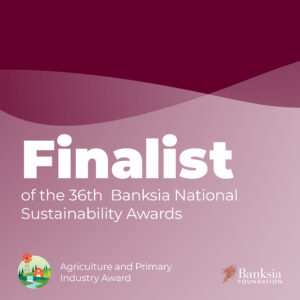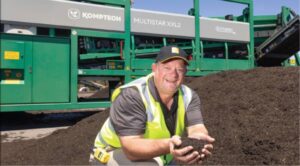C-Wise played host recently to a group of 24 Pakistani irrigators participating in a high level exchange program under the umbrella of the Australia Awards. These awards and fellowships are funded by our government with a view to assist countries in the region by offering to the next generation of global leaders, an opportunity to undertake study, research and professional development in Australia and for high-achieving Australians to do the same overseas.
The backgrounds of these visitors range from one participant who is a small landholder and who had never before left his village in Pakistan, all the way up to very senior irrigation engineers managing some of the world’s largest irrigation schemes.
Lectures are delivered by international leaders in the various fields of study and then each series of lectures is followed by workshops to help the participants to understand the implications in a Pakistani context. Field trips reinforce and support the understanding of the various technologies and approaches to irrigation and water resource management in Australia.
At first blush one might wonder what is the connection between an Irrigation and Water Resource Management Course and a compost producer in the back blocks of Mandurah. The field visit was part of the “irrigation and catchment management ” week of the 2 month course. University of WA professor Mark Rivers who led the course said “The group visited a number of “out of the box” sites such as C-Wise to try to illustrate the idea of holistic catchment management, multi-functional catchments and integrated management of water, energy and land and to get the irrigators to see that irrigation and even farming are only one aspect of very complex catchments”. C-Wise operates in the Peel Harvey Catchment system and have designed the facility to convert large quantities of waste water from agriculture, pasture and industry into useable treated water in such a way as to have zero impacts of the nearby Serpentine River.







